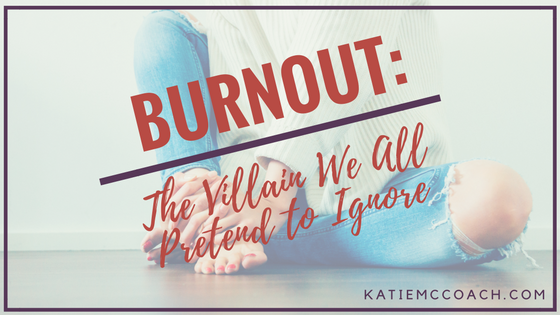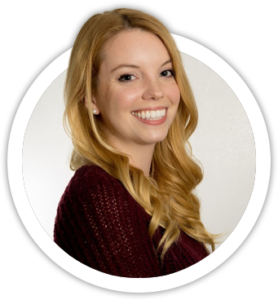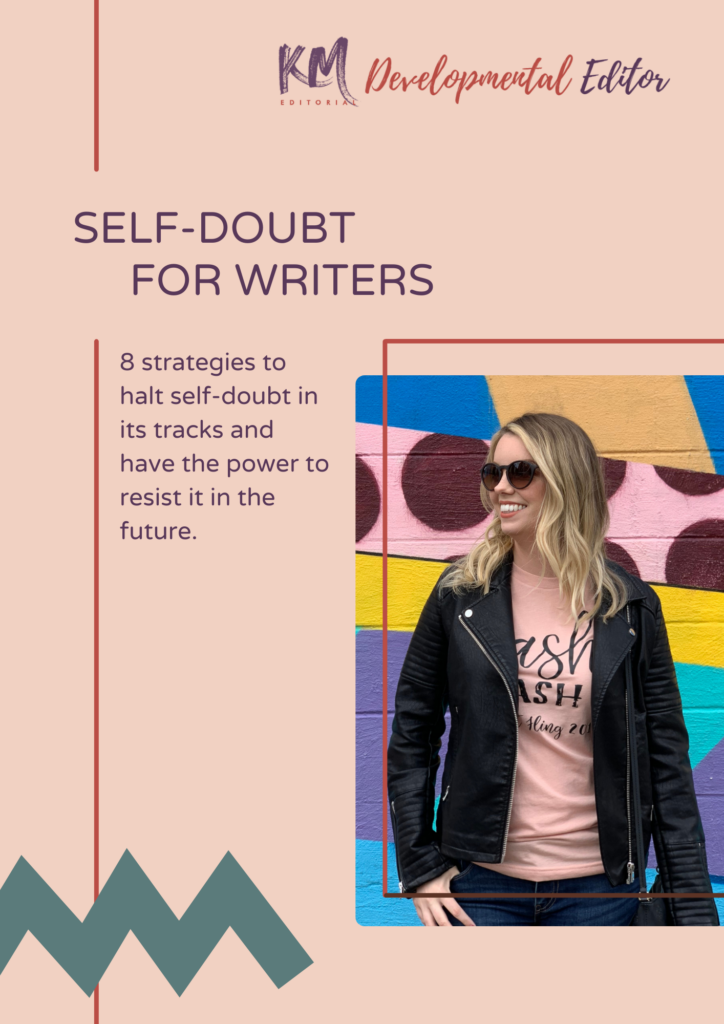 Burnout: The Villain We All Pretend to Ignore
Burnout: The Villain We All Pretend to Ignore
Talking about our insecurities, our struggles, in a public setting is not easy. As writers, we are notorious for being worried about what people will think—it’s why reviews, criticism, and sales are some of the scariest things writers face.
So, exposing my truth with burnout is scary. I want to project an image of confidence, excitement, and commitment to my career and the careers of my writers. Will you all still respect me after you know how much I’ve struggled?
Yet, could opening up to you let at least one of you feel like you’re not alone?
Almost every single person I’ve talked to in my life has experienced burnout in some form or another. You may not completely recognize it. You may find your way out of it before it derails your goals. That’s my hope for you, besides helping you prevent it in the first place. Ignoring it is the worst thing you can do—I’ve been there. Maybe we all have.
By this time last year, I had spent five years fully submerged in running my business. My personal life and my writing always came second to work, if at all. I knew that if I didn’t find a way to the surface soon, I would drown, my business would drown.
The thing was, I didn’t want to acknowledge the burnout.
I knew, deep down, that I was leading up to it. I was so afraid of missing out on an opportunity or paycheck that I said yes to everything. Everything. Again, and again, I pushed aside the things in my personal life—and even at times in my work life—that gave me creativity, excitement, and fulfillment. If I couldn’t make a living to get by, how would I get a chance to do those things anyway?
I beat myself up day after day that I wasn’t working hard enough, good enough, fast enough. I worked late into the night, broke plans with friends, barely slept, and what did I have to show for it? Without realizing it, I had drowned.
Was it time to switch careers? That was the horrible, brutally raw question that made me finally realize I was 100% burnt out.
I voiced this aloud, and fortunately my fiancé is an incredible support system. He sat me down, and said, “If it was easy [to run your own business], everyone would do it.” Writers can apply this to themselves almost every day: if writing were easy, anyone would be an author. We all know writing can be grueling, but it’s also extremely rewarding.
The same logic applied to my business. I chose this not-easy-at-all path for a reason. I wanted to help authors every day. It wasn’t that work didn’t fulfill me, it was that I was trying to make it be the only thing that fulfilled me. And that was never going to be sustainable.
Since those painful months, I’ve learned a few invaluable things, but the biggest one of all:
How to say no (and ask the right questions):
When this year began, I found myself repeating the same steps that led to my burnout last year. Had I not learned?? Finally, finally I realized I needed to say no in order to say yes to other opportunities. It took a lot of reflection; owning up to the fact that FOMO is a part of life and some things will have to just exist without me.
Instead of being afraid of not saying yes, I started rephrasing the questions: How would this opportunity fulfill me? Was it something I had to do in order to keep my business afloat (because some things we just can’t say no to)? If not, then how would it help me/my business/my writing/my health? Would I be excited doing it? Was it worth my time/money/effort? Would it close me off to accomplishing other goals and opportunities?
When I phrased things in a new way, everything changed. I know there are things we can’t control, tasks we must do no matter what, but remember that you are the one setting your path—and burnout doesn’t have to be part of it.
Have you experienced burnout? How’d you combat it?
Find me on Twitter and let me know what you thought of this article: @katiemccoach
When you sign up for the KM Editorial monthly newsletter you’ll receive a free downloadable Guide to Getting Published.


 Download your free copy of these 8 tried-and-true strategies to stop self-doubt and imposter syndrome as a writer. And, build the power to resist it in the future.
Download your free copy of these 8 tried-and-true strategies to stop self-doubt and imposter syndrome as a writer. And, build the power to resist it in the future.
Yes, I burned out in a career so badly that I can’t even do it any more. And I was good at it, but I didn’t know what tho take a break.
So, I moved on to a different skill set, and the same thing happened. I overextended myself by taking on three large, full-time projects and trained myself to sleep four hours a night … or so I thought. But I woke up one day about two years into this routine, totally panicked because it was 2 p.m — yes! in the afternoon! How in the world could I have overslept so long! — and I came downstairs, panicked because I’d missed a 10 a.m. conference call. I was physically spinning; lurching from one direction to the next with all the stuff I had to do—what should I tackle first in my office? Oh, crap, no one let the dog out. Where were my glasses?—and then my husband walked out of the second bathroom, freshly showered.
I could not figure out in what universe he was home in the middle of the afternoon on Tuesday, looking so panicked.
Well, as you’ve probably figured out, it was 6:30 in the morning, not 45 minutes after I’d gone to bed. It was Monday, not Tuesday. And even after he told me this, I couldn’t force that to make sense to my brain. I was, in fact, having a form of hallucinations. It scared him badly; he said later that night that he thought I was having a stroke and was, in fact, in the process of calling 9-1-1 when I seemed to snap out of it.
And for the first time in our marriage, he told me what to do. And really, I had no choice. I had to pick one of the focuses and let the other two go. And it felt wonderful … until I started letting the calendar get unbalanced again. It’s a constant fight for those of us who want to have it all. Your approach seems to be working for you, and I thank you for sharing it!